Aug 12, 2011
I've been receiving reports of high armyworm populations this summer. You can always find some armyworms in rice fields, but I have rarely seen fields that needed a treatment due to armyworm injury.
Defoliation caused by armyworms is not uncommon. However, rice plants have abundant foliage and can take quite a bit of defoliation.
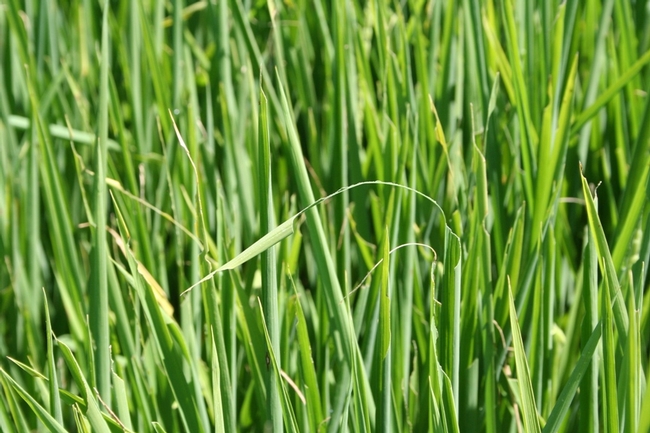
UC guidelines recommend a treatment only if more than 25% of the foliage has been consumed and you still see armyworms in the field.
It can be challenging to find armyworms in a rice field. They usually feed at night. During the heat of the day, they hide at the base of the plants where it's cooler. To monitor for armyworms, open the canopy and look down near the water level. Spend a minute or two looking; small armyworms can be hard to see.
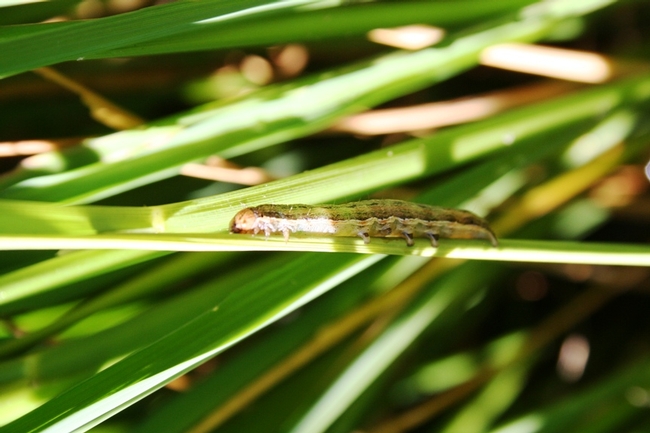
Alternatively, you can shake the plants and observe for worms falling into the water. This is especially effective for large larvae.
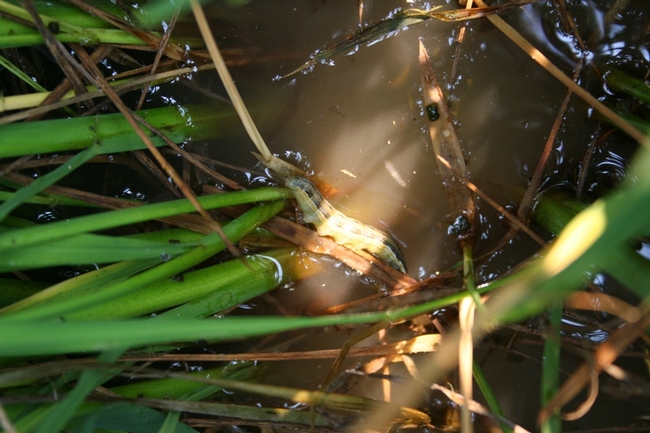
Panicle damage can be severe. Armyworms can feed on developing panicles causing whole panicles or panicle branches to become blank.
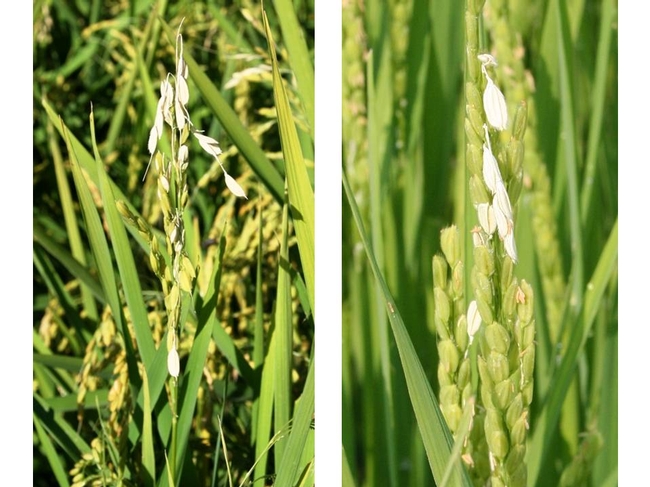
Observe closely where the panicle branch breaks or becomes blank and you will see chewing marks.
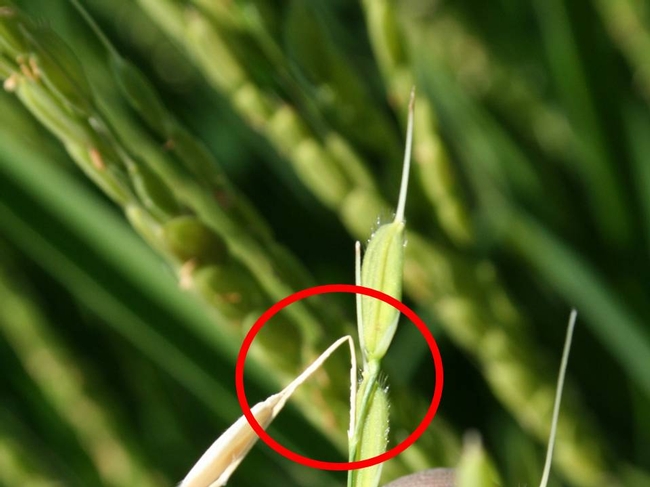
UC guidelines recommend a treatment if more than 10% of the panicles are affected and you still see worms in the field. If you can't find them during the day and are still in doubt, come out during the evening and see if you see any worms in the panicles.
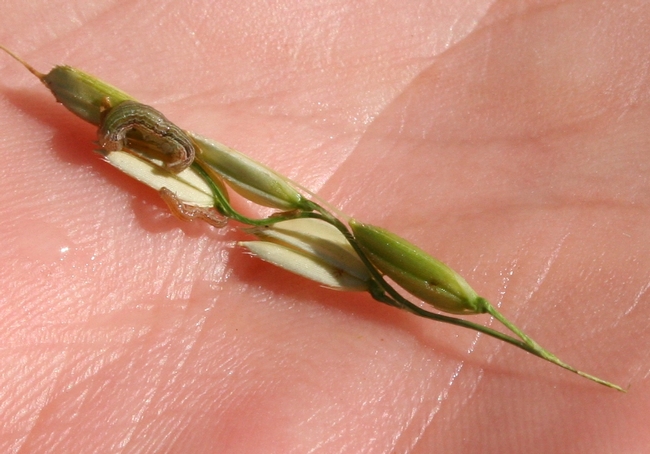
Those fuzzy white cocoons you find at the base of the plants are pupal cases of the parasitic wasp Apanteles militaris. The wasp lays its eggs inside the armyworm, wasp larvae develop and when they are ready to pupate they leave the armyworm and form the white cocoons. This, of course, kills the armyworm.
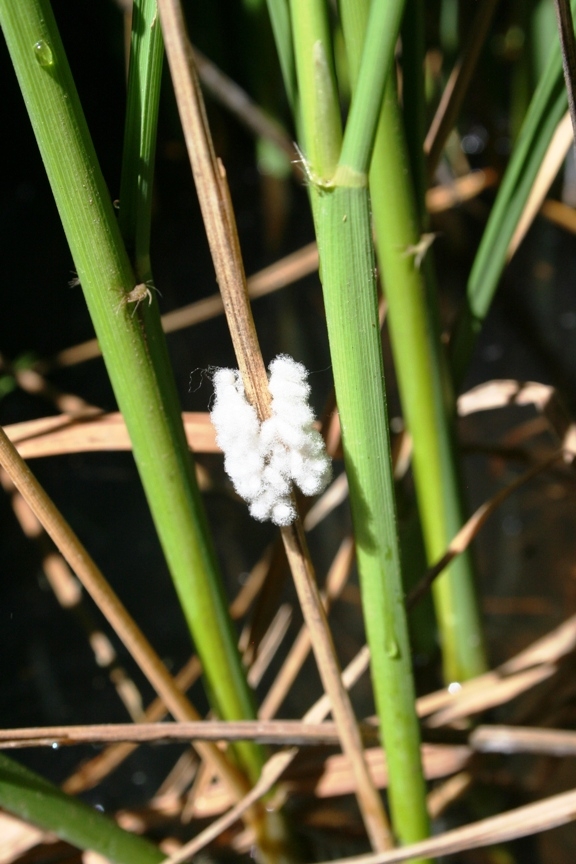
It's important to remember that armyworms pupate in the soil. In a rice field, when they are ready to pupate, they usually drop to the water and drown. Some may pupate in the foliage at the base of the plants, but there they are easy prey for their natural enemies. If you see injury but the worms are gone, there is no need to worry about the next generation of armyworms.
Topics: